Michigan is a four-season travel state, and a fair number of people who travel here take advantage of legal recreational cannabis or Michigan’s reciprocal medical marijuana program. As a result, we’re seeing cannabis tourism growing here. Michigan welcomes the cannabis curious from nearby prohibition states like Indiana, Ohio and Wisconsin and everyone who travels here to enjoy all that Michigan offers—including legal weed.
Cannabis tourism is a growing area for many communities in Michigan. Cities, villages, or townships that have opted in for recreational cannabis have the opportunity to promote them, but few do. Michigan has around 700 marijuana dispensaries in operation scattered throughout the state. And while you can’t buy legal recreational cannabis in Michigan’s largest city, Detroit (it’s medical only), you’ll find an abundance of provisioning stores in other tourist hotspots. Places up and down Michigan’s Lake Michigan coastline from Benton Harbor near the state line with Indiana to Muskegon have a variety of cannabis stores. In addition, you’ll find cannabis available in Bay City over in the Thumb region and in Up North places like Cadillac and Marquette and Houghton in the UP near Wisconsin.
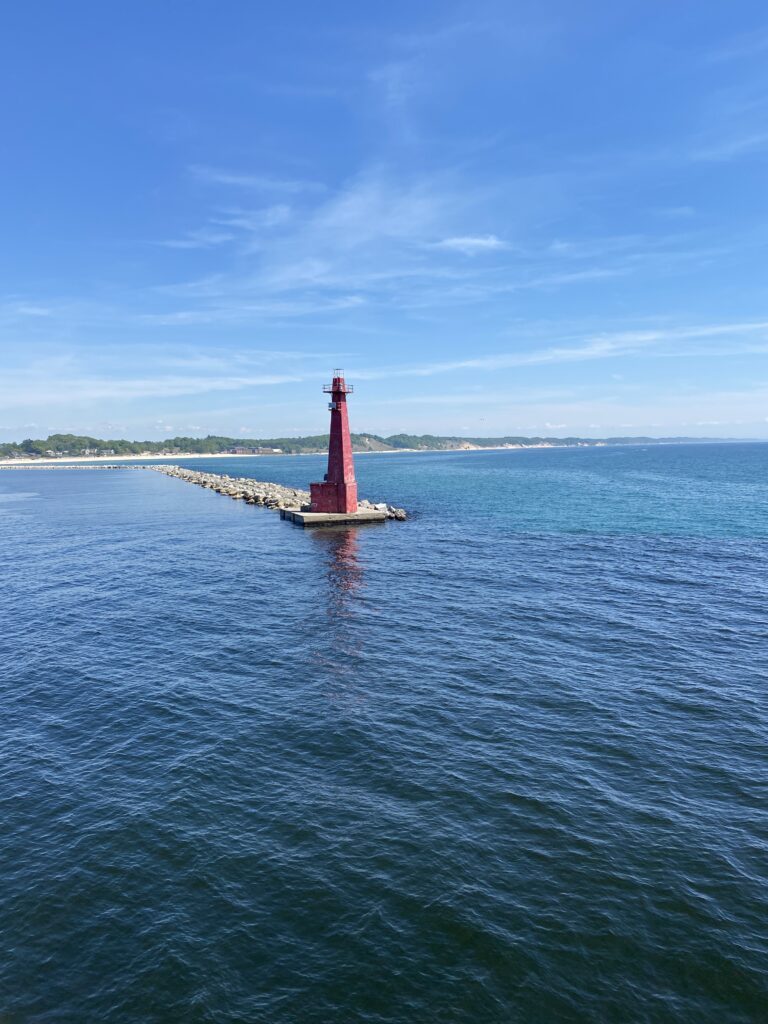
What proves to be perplexing for cannabis tourists or tourists who want cannabis is finding a place to consume and what to do with the cannabis you don’t consume while in the Mitten State.
Here’s a little list of where you can’t consume cannabis in Michigan. Some of it is Michigan law, and some are the preference of property owners.
- In your car or driving or sitting in a vehicle on any Michigan roadway.
- In a boat on a Michigan waterway
- Out in public where anyone can see you smoking
- On private property where cannabis is expressly prohibited
- In most hotel/motel rooms or on hotel property
- Around the campfire at the Michigan State Park or on a state park beach or trail
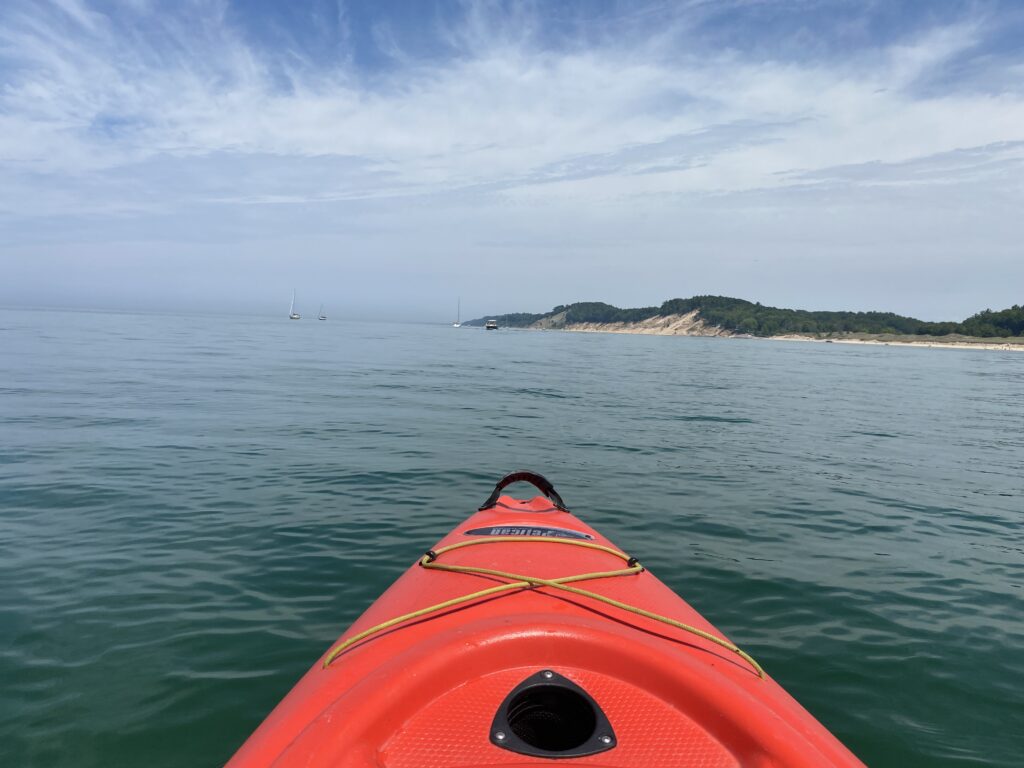
It truly crimps your options, doesn’t it? Until more properties (hotels, motels and resorts) allow cannabis consumption, travelers will be challenged to find a place to consume. We wondered why this was the case.
“We have yet to see a community fully embrace cannabis; it’s still often held at arm’s length,” Andrew McFarlane from Michigan Cannabis Trail and Michigo said.
This disconnect is apparent where Michigan’s cannabis stores are most densely located and how they’re not embraced or even recognized by local visitor’s bureaus and Chamber of Commerce entities.
You’d think Ann Arbor, Michigan’s historical epicenter of marijuana, would embrace the plant and stores in its geographical area—but that’s not the case. Unfortunately, it’s difficult for established organizations to change and adopt a formerly illegal substance.
“There are certainly a large group of people who still think that cannabis is a bad thing—and until they’re no longer in leadership positions, we’ll always have roadblocks,” Andrew said.
There’s no legal or ethical reason that a visitor’s bureau can’t list a cannabis business as a traveler’s destination. It’s a matter of will and desire.
Andrew also pointed out that the Visitor’s Bureau in Modesto, California, has its Motown CannaPass that people can register for, which unlocks information and cannabis-friendly businesses in the community. “It’s normalizing the cannabis experience and promoting community businesses—which they should be doing,” he said.
He noted that at least seven licenses are in progress for cannabis consumption lounges in the state. However, none have opened as of early 2022. These lounges are bound to be a focal point for
For people traveling in Michigan who are looking for options when it comes to a consumption space, you’ll have to look carefully and plan accordingly. Finding a place to stay that is cool with cannabis is the first step—Michigan Cannabis Trail and Bud and Breakfast websites offer some options.
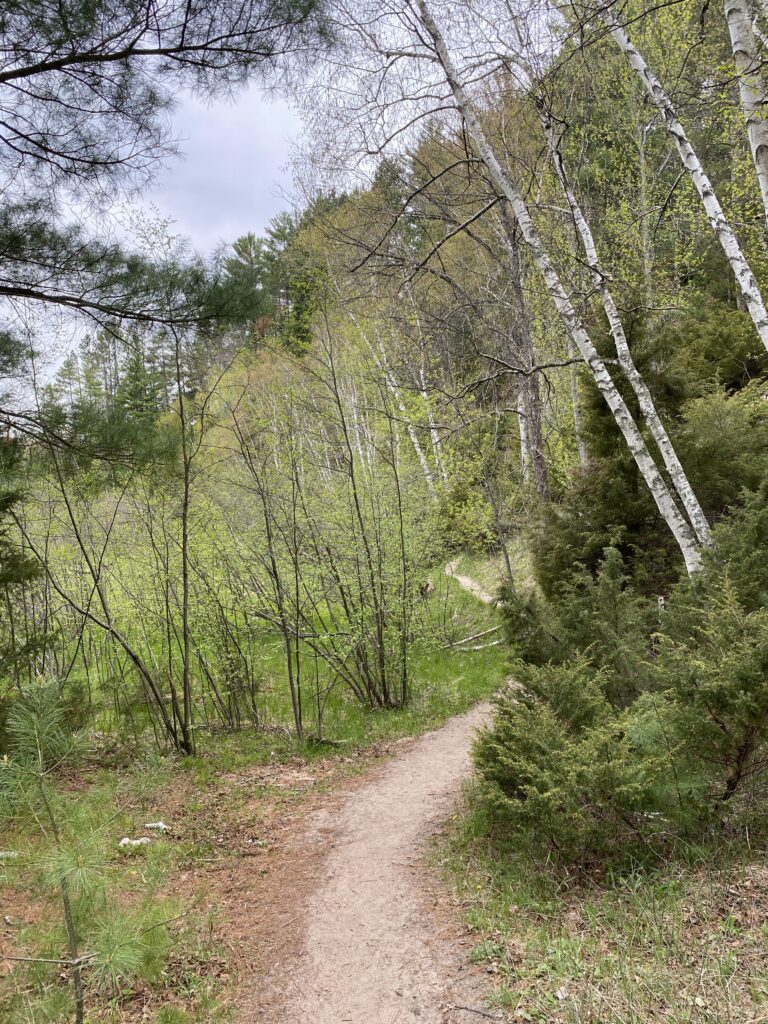
Here’s something we found interesting—you can consume in a Michigan State Park, but not in public (see the campfire note above). So you can consume cannabis in your tent or camper. Of course, it’s not as cool as sitting around the fire or walking on the beach, but it’s something.
If you’re in town for the annual Hash Bash in Ann Arbor on the first Saturday in April—that’s a fun spot to light up. In addition, organized cannabis events are popping up across Michigan. These licensed events allow consumption and have sales in the same place—usually with live music and other cannabis-centric activities. Expect to find them throughout the summer of 2022.
As you travel in Michigan, be discrete where you fire up, and you’ll be fine.
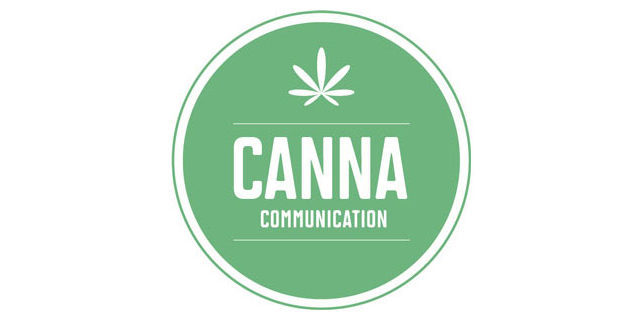
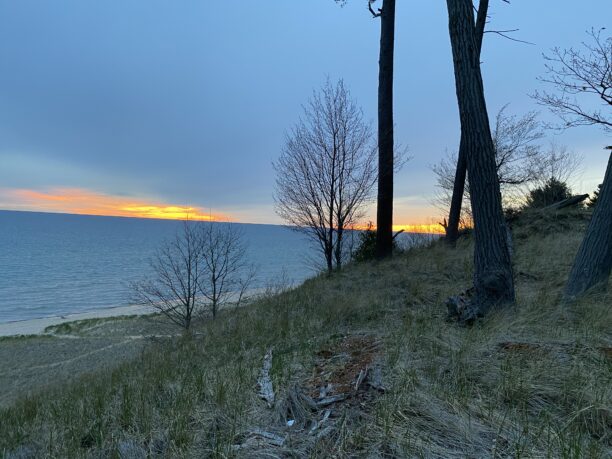
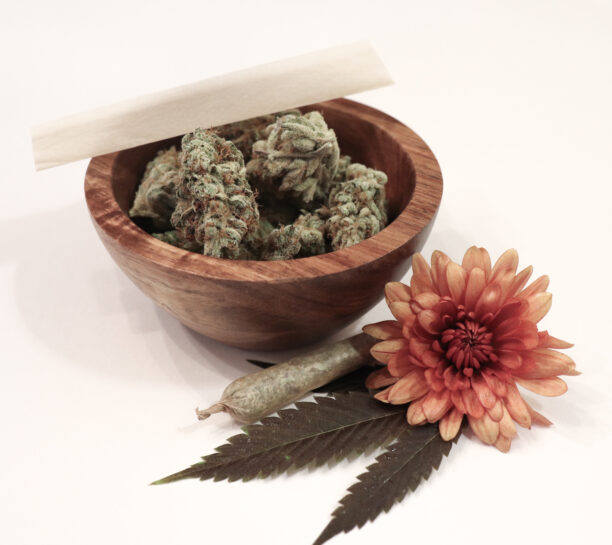
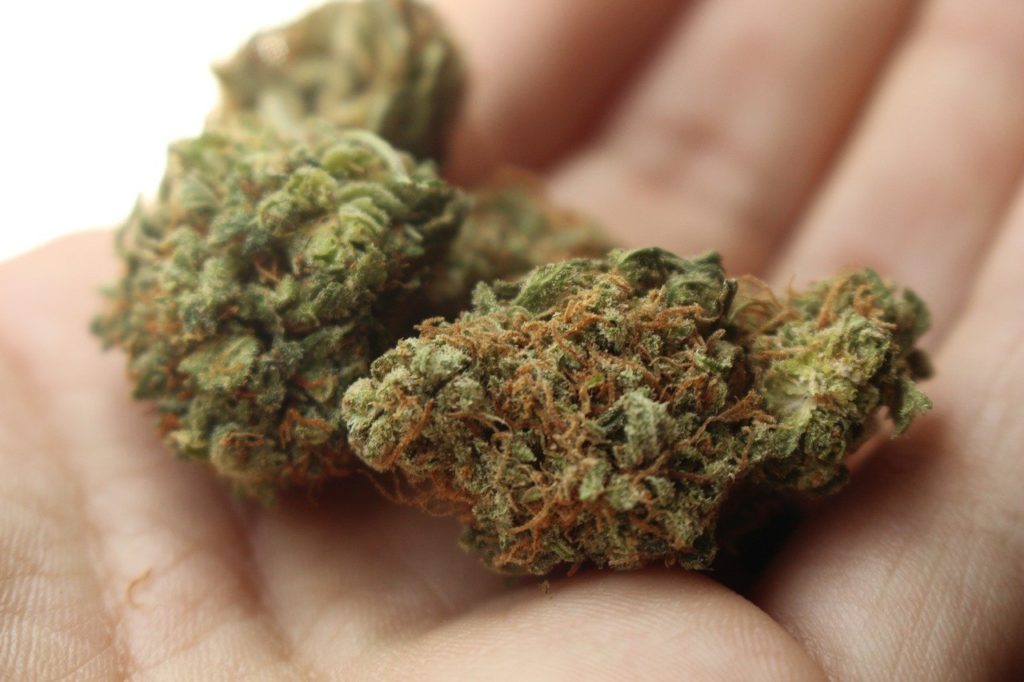

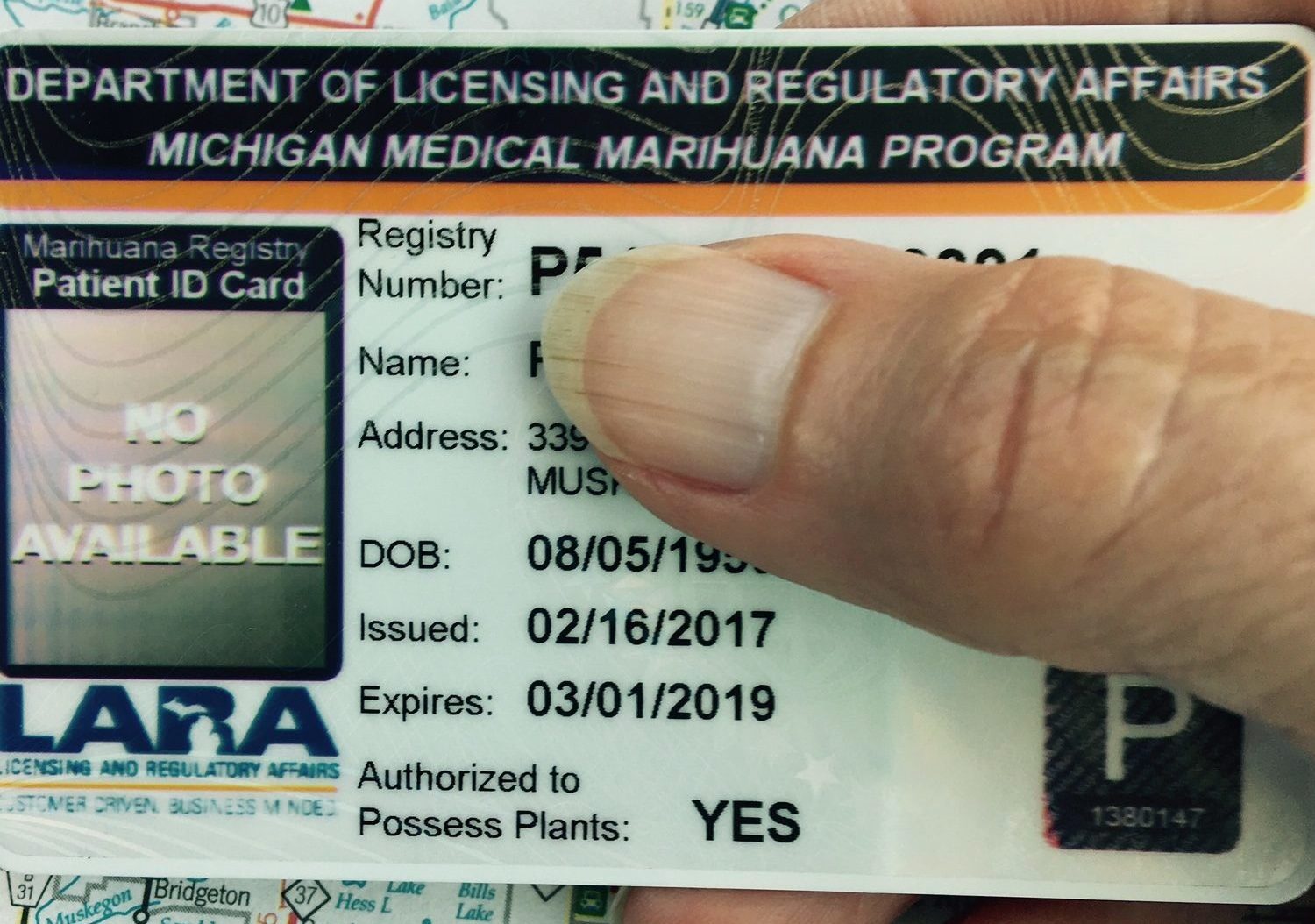
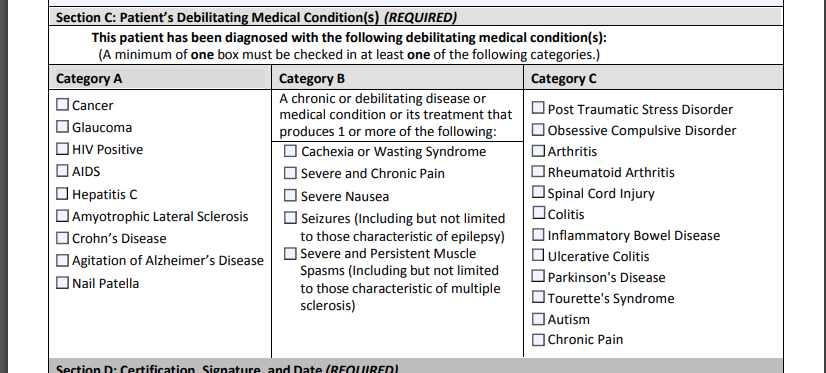
 to visit a provisioning center for your meds. You can find one close to you on Leafly or Weedmaps. We have a blog post about
to visit a provisioning center for your meds. You can find one close to you on Leafly or Weedmaps. We have a blog post about (Colorado, California, Nevada, Oregon, Washington, Alaska, Maine, Vermont, Massachusetts and the District of Columbia) until the whole country ends prohibition You can also head to Canada for a nice vacation, the whole country will be recreational legal starting on October 17, 2018. This also applies to people flying. While the TSA isn’t looking for cannabis, it is still illegal to bring it across state lines.
(Colorado, California, Nevada, Oregon, Washington, Alaska, Maine, Vermont, Massachusetts and the District of Columbia) until the whole country ends prohibition You can also head to Canada for a nice vacation, the whole country will be recreational legal starting on October 17, 2018. This also applies to people flying. While the TSA isn’t looking for cannabis, it is still illegal to bring it across state lines.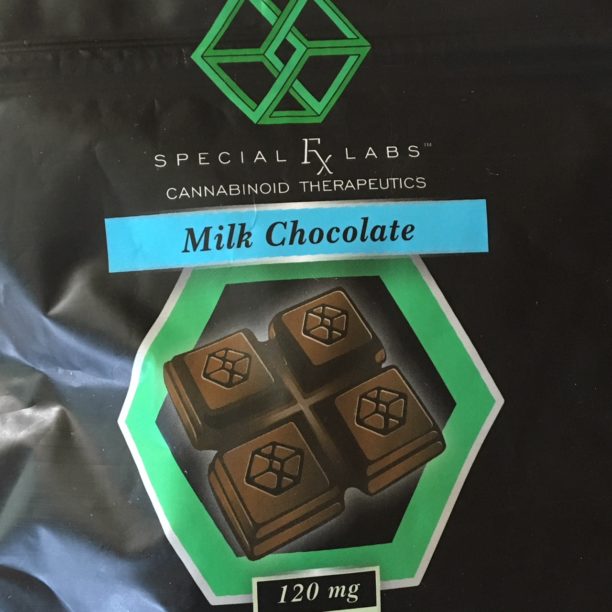


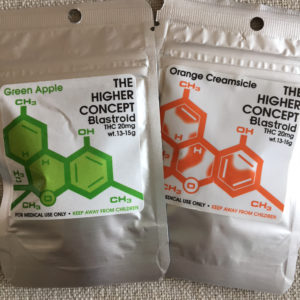 Cannabis edibles are an upscale product, they’re not inexpensive to purchase and the packaging should reflect the quality of the product contained inside. That’s not to say it has to be expensive or over-packaged, but it does need to be thoughtful in its presentation. People make decisions in a provisioning center based on several factors including price, a word of mouth recommendation, advice from the budtender behind the counter and the appearance of a package.
Cannabis edibles are an upscale product, they’re not inexpensive to purchase and the packaging should reflect the quality of the product contained inside. That’s not to say it has to be expensive or over-packaged, but it does need to be thoughtful in its presentation. People make decisions in a provisioning center based on several factors including price, a word of mouth recommendation, advice from the budtender behind the counter and the appearance of a package. 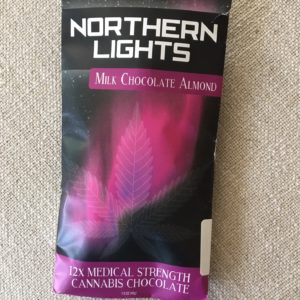 Today, brands across every sector are facing an increasingly competitive landscape and an increasingly sophisticated consumer. People tend to disregard mass brand communications in favor of more personalized messaging mediums. Packaging has the
Today, brands across every sector are facing an increasingly competitive landscape and an increasingly sophisticated consumer. People tend to disregard mass brand communications in favor of more personalized messaging mediums. Packaging has the  An experienced designer can look at the product and create packaging that is sophisticated, appealing and true to the product inside. There’s really no reason that cartoons, colors and childish fonts need to be used in cannabis products.
An experienced designer can look at the product and create packaging that is sophisticated, appealing and true to the product inside. There’s really no reason that cartoons, colors and childish fonts need to be used in cannabis products. 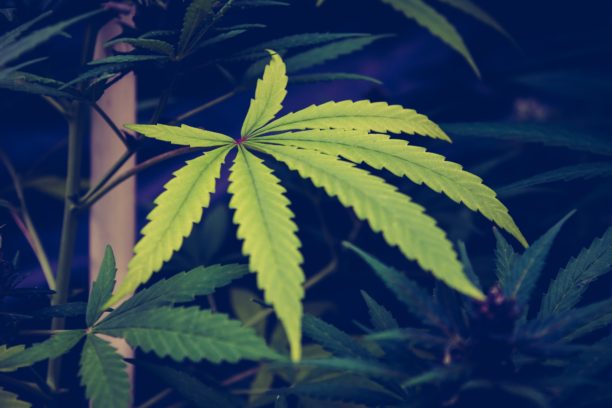
 Another thing that sets Michigan apart from other states that have adult use cannabis is that we are a major tourist state. A four-season tourism state.
Another thing that sets Michigan apart from other states that have adult use cannabis is that we are a major tourist state. A four-season tourism state. 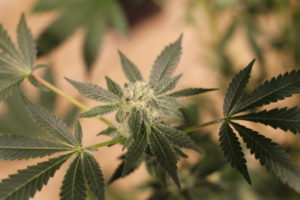 We have public opinion on our side. From big national surveys like
We have public opinion on our side. From big national surveys like
 Public Health Dr. Larry Wolk said this:
Public Health Dr. Larry Wolk said this: 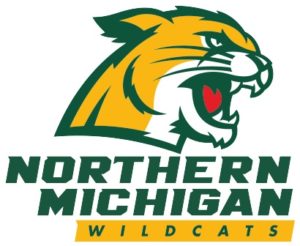 will be able to major in medicinal plant chemistry at NMU, which offers America’s only bachelor’s degree in cannabis program.
will be able to major in medicinal plant chemistry at NMU, which offers America’s only bachelor’s degree in cannabis program. test, transport or provision medical marijuana. Dispensaries were threatened with closure by a state board, politicians stepped up to keep them open, liquid capital rates were set, municipalities opted in or out, and application materials were created. The licensing portal opened on December 15 and now we wait to see who will be first to show off their piece of legal paperwork.
test, transport or provision medical marijuana. Dispensaries were threatened with closure by a state board, politicians stepped up to keep them open, liquid capital rates were set, municipalities opted in or out, and application materials were created. The licensing portal opened on December 15 and now we wait to see who will be first to show off their piece of legal paperwork.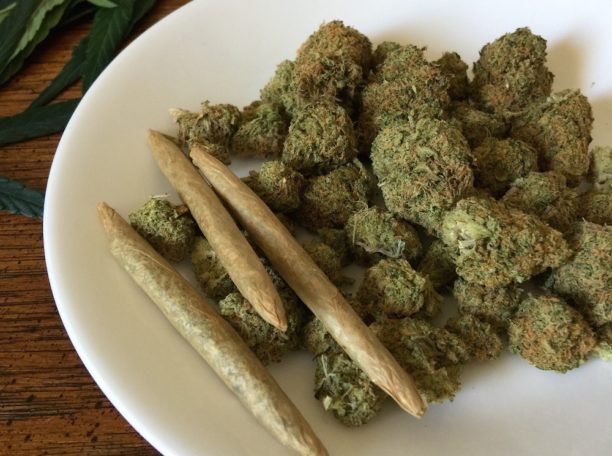
 little practice.
little practice.  and brewers are vital to
and brewers are vital to 
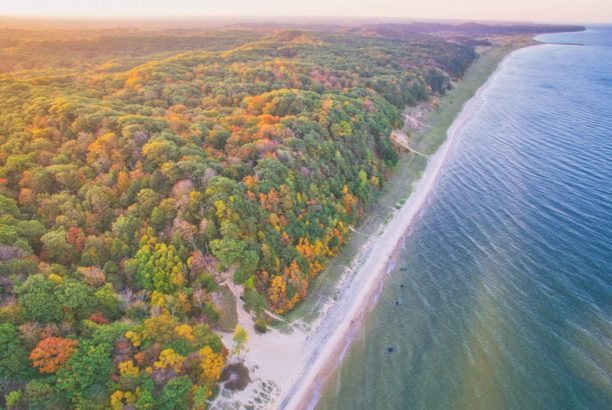


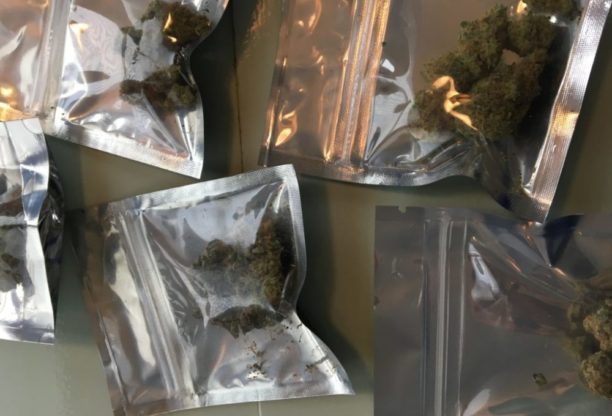

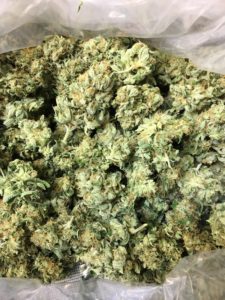 Perhaps is it the obviousness of a storefront dispensary that bothers people. It’s one thing to quietly acknowledge that more than 280,000 Michigan residents hold cards and use medical marijuana, it’s another to see a store in your local business district. There it is, in plain sight, where people might have to address their personal biases about marijuana use, confront outdated viewpoints and possibly say
Perhaps is it the obviousness of a storefront dispensary that bothers people. It’s one thing to quietly acknowledge that more than 280,000 Michigan residents hold cards and use medical marijuana, it’s another to see a store in your local business district. There it is, in plain sight, where people might have to address their personal biases about marijuana use, confront outdated viewpoints and possibly say